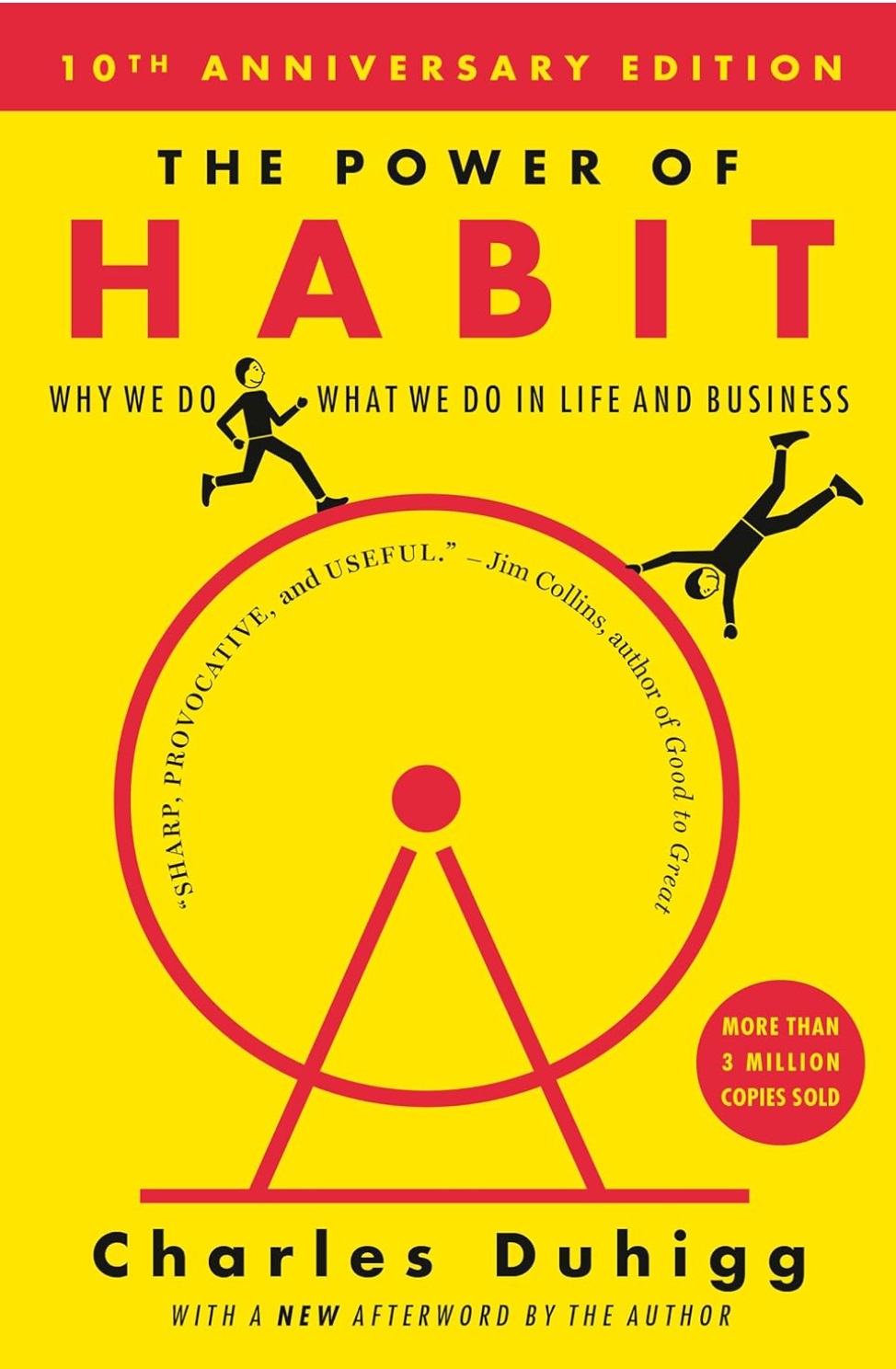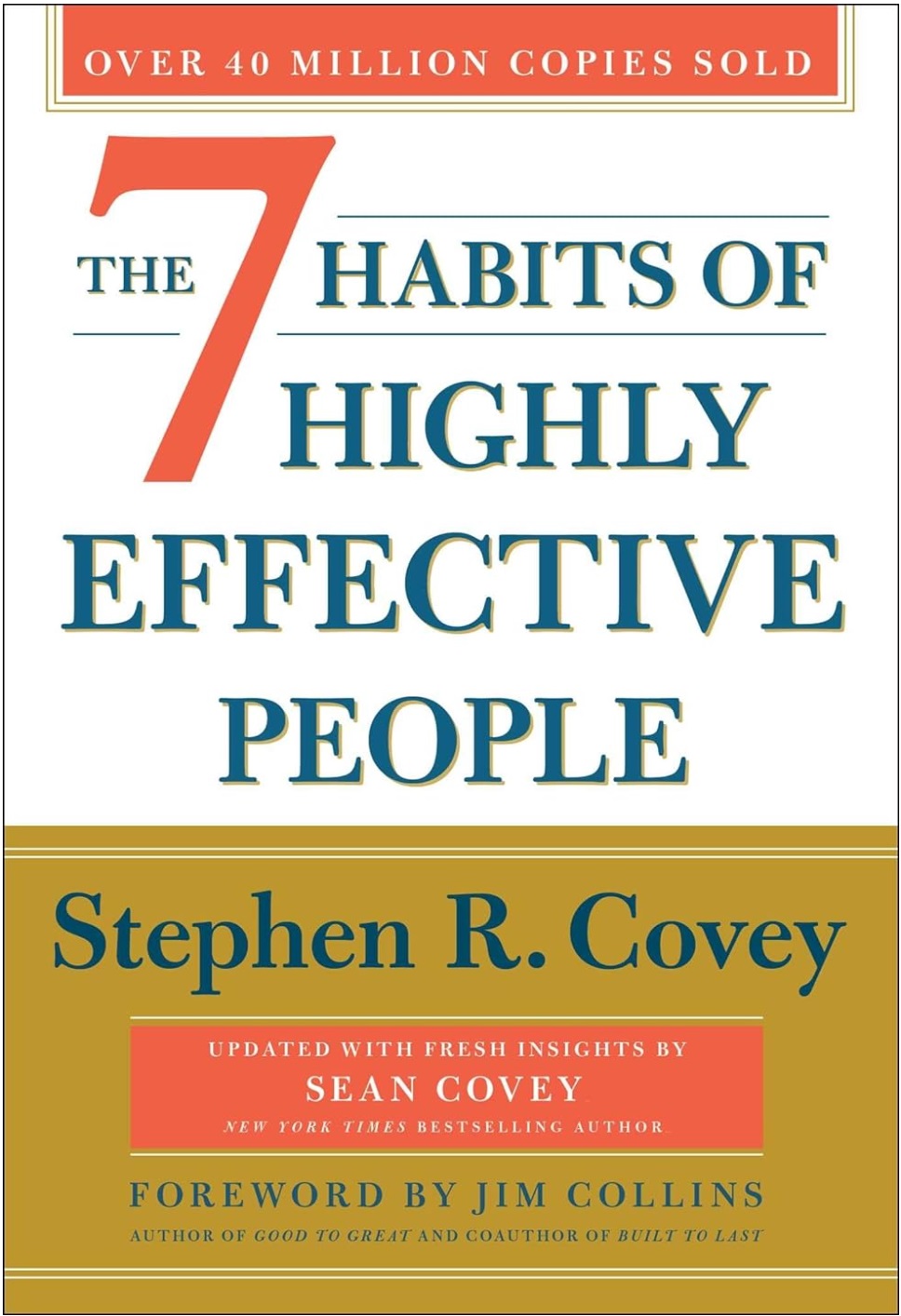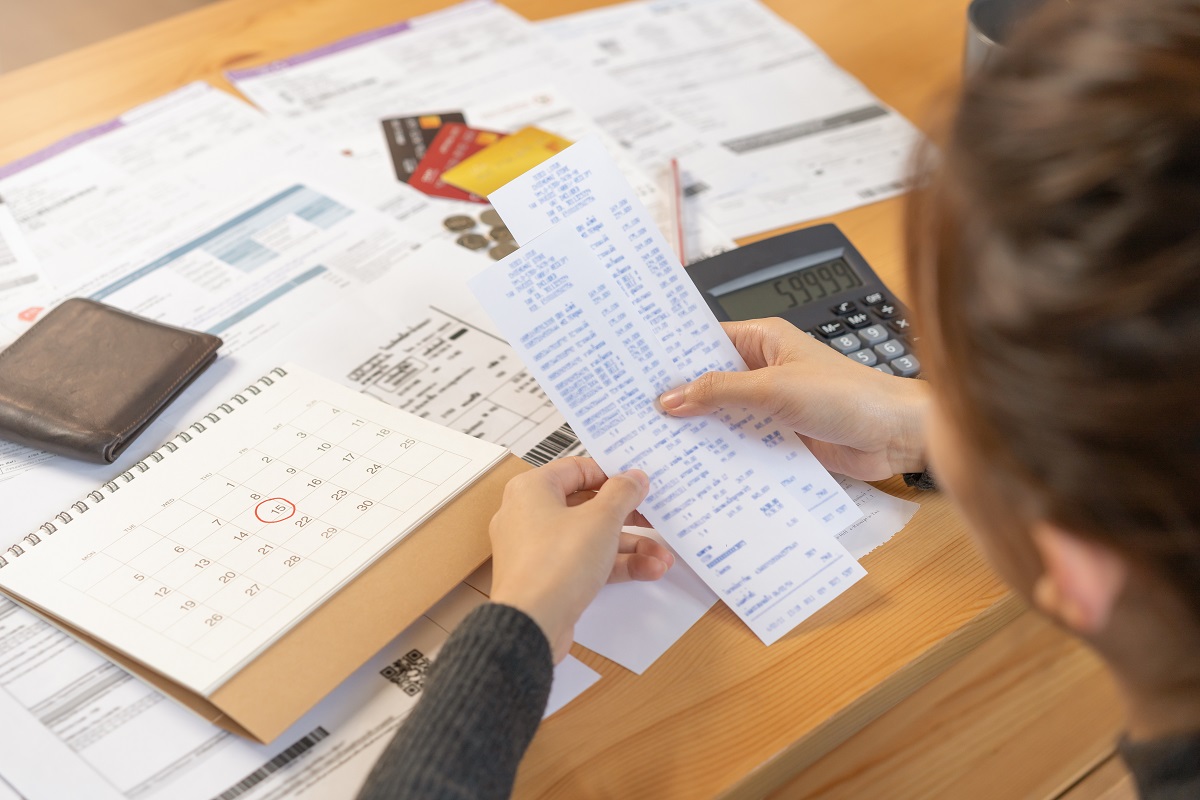- KEY POINTS
- Create daily structures to reduce procrastination and build sustainable productivity habits.
- Overcome guilt and frustration by treating setbacks as opportunities for growth.
- Weekly reflection on progress helps refine strategies, maintain focus, and reinforce long-term success.
In my years of working on personal development, I’ve discovered that bad habits like procrastination aren’t just minor nuisances—they can significantly derail our progress and goals.
Procrastination, in particular, is a complex issue that many of us grapple with, often feeling like we’re stuck in a loop of delay and regret. From what I’ve experienced, however, there are effective strategies to break this cycle and foster a more productive lifestyle.
Table of Contents
ToggleUnderstanding Why Procrastination Happens
Procrastination is one of the most common bad habits people struggle with. I’ve been there – staring at the long list of tasks, knowing I should get started, but suddenly feeling the need to organize my desk or check social media instead.
The problem is, procrastination often disguises itself as harmless delays, but over time, it snowballs and can become overwhelming.
So why do we procrastinate? In my experience, it usually boils down to one of three things – fear, perfectionism, or a lack of motivation. Sometimes I avoid tasks because I fear failure or don’t know where to start.
Other times, I feel like I need to get everything perfect, which leads to unnecessary delays. And of course, there are days when I simply don’t feel motivated.
I’ve found that understanding the root cause is the first step to overcoming procrastination. If you’re not sure what’s holding you back, check out Identifying Bad Habits: What’s Holding You Back. This post breaks down how to uncover hidden bad habits that might be keeping you stuck.
Start with Small, Manageable Tasks
One of the best strategies I’ve used is breaking down big tasks into smaller, more manageable pieces. When a task feels too large, it’s easy to push it aside. But if I can start with just five or ten minutes of effort, it feels much more approachable.
For instance, when I needed to write a long report for work, I didn’t dive in headfirst. Instead, I started by outlining the main sections. The next day, I focused on writing just one paragraph. This method helped me stay consistent and avoid burnout.
I go into more detail on this in Breaking the Cycle: Tools to Replace Bad Habits with Good Ones. By replacing avoidance with small actions, it’s easier to build momentum and stay productive.
Shifting Your Mindset to Get Things Done
Reframe the Task
When I catch myself procrastinating, I try to reframe the task in a more positive light. Instead of thinking, “I have to do this,” I tell myself, “I get to do this.” This simple mental shift makes the task feel like less of a burden.
I also remind myself why the task is important. Will it help me achieve a goal? Will it bring me closer to something I care about? Keeping the bigger picture in mind can make even the most mundane tasks feel more meaningful.
In Rewiring Your Mind for Success, I explore how shifting your mindset can create lasting changes in behavior.
Use Rewards to Stay Motivated
I’ll be honest – sometimes the only way I get through a task is by promising myself a reward afterward. Whether it’s a cup of coffee, a short break, or watching an episode of my favorite show, having something to look forward to can boost my motivation.
This approach taps into the brain’s reward system, reinforcing positive behavior. Over time, the anticipation of the reward creates a stronger connection to completing the task.
If you struggle with staying motivated, I highly recommend reading The Long-Term Impact of Breaking Bad Habits. It highlights the benefits of persistence and how celebrating small wins can lead to lasting change.
Building Momentum to Break Free from Procrastination
Overcoming procrastination isn’t a one-time effort. It’s a process of building momentum through small, consistent actions. The goal is to shift your mindset from avoidance to engagement, turning tasks that seem overwhelming into manageable steps.
I’ve found that breaking tasks into smaller parts helps me stay on track. When I’m facing something like writing a long blog post, I don’t think about the entire project at once. Instead, I set a timer for 25 minutes and focus on writing a single section. This method, known as the Pomodoro Technique, creates a sense of urgency without the stress of having to finish everything in one sitting.
If you find yourself stuck in procrastination cycles often, try applying strategies from Breaking the Cycle: Tools to Replace Bad Habits with Good Ones. This post dives deeper into how replacing negative habits with productive ones can shift your daily routines over time.
Small Wins Fuel Motivation
When I first started using this method, I was amazed at how much I could accomplish in short bursts. Completing even a small part of a task gave me a sense of achievement, which motivated me to keep going. Small wins add up and gradually build the confidence to tackle larger tasks.
If you’ve struggled with procrastination for years, focus on celebrating the small victories. It could be something as simple as answering emails, organizing files, or finally calling that friend you’ve been meaning to catch up with. These seemingly minor actions create a ripple effect, reinforcing the belief that you can break free from procrastination.
To maintain momentum, use habit-tracking apps or a journal. Recording progress helps me stay accountable and gives me a visual representation of my achievements. This simple habit keeps me from falling back into old patterns.
For additional strategies on staying consistent, check out Tiny Shifts to End Bad Habits. This post explores how small, deliberate changes can lead to major breakthroughs.
Create a Trigger for Action
Sometimes, the hardest part of overcoming procrastination is simply starting. I use triggers to create automatic responses that push me into action. For example, when I sit down at my desk in the morning, the first thing I do is open my to-do list. This small ritual signals my brain that it’s time to focus.
Triggers can be as simple as setting your alarm across the room or placing your gym clothes by the door the night before. These cues eliminate the mental debate of whether or not to begin.
In Rewiring Your Mind for Success, I discuss how rewiring thought patterns and implementing small triggers can shift the brain’s response to daily tasks. This rewiring helps create automatic habits that reduce procrastination.
Accountability and External Support
While individual effort is essential, involving others can significantly enhance your ability to overcome procrastination. I’ve noticed that when I share my goals with a friend or family member, I feel more committed to following through.
A simple way to stay accountable is by joining an online community or finding an accountability partner. This external support adds a layer of responsibility and encouragement. Additionally, consider joining masterminds or professional groups where members hold each other to higher standards.
For more insights into the power of accountability, I highly recommend reading How Support Systems Can Help You Break Bad Habits. It explores how surrounding yourself with the right people can reinforce positive changes.
Strengthening Long-Term Resilience Against Procrastination
Breaking free from procrastination is not just about quick fixes—it’s about building habits that stand the test of time. Even after making progress, it’s easy to slip back into old patterns. The key is to develop resilience and reinforce the habits that have led to success.
I’ve experienced this firsthand. After a few weeks of staying productive, I’d sometimes fall into a slump. But rather than being hard on myself, I learned to treat these moments as opportunities to reflect and adjust. This mindset shift transformed my setbacks into valuable lessons rather than failures.
To solidify long-term change, focus on creating sustainable systems and routines. In The Long-Term Impact of Breaking Bad Habits, I explore how to stay consistent even when motivation dips.
Building Routines that Stick
Habits are easier to maintain when they become part of your daily routine. I structure my mornings and evenings to include small but meaningful tasks that prevent procrastination. For instance, I dedicate ten minutes every night to plan the next day’s priorities. This way, I wake up with a clear sense of direction.
Morning routines, in particular, play a significant role in shaping productivity. If you’re unsure where to start, take a look at Mindfulness Techniques to Break Bad Habits. Practicing mindfulness as part of your routine can help calm mental chatter and reduce the anxiety that often leads to procrastination.
Consistency is key. The more regularly I engage in positive routines, the less likely I am to delay tasks. Even if I stray occasionally, having a routine anchors me back into productive habits.
Overcoming Roadblocks and Staying Flexible
Despite our best efforts, obstacles are inevitable. Whether it’s unexpected responsibilities or moments of low energy, procrastination can creep back in. I’ve found that flexibility is essential. When my schedule doesn’t go as planned, I adjust rather than abandon my goals altogether.
For example, if I don’t complete a task in the morning, I reschedule it for later in the day rather than pushing it to the next week. This simple shift in perspective keeps me moving forward, even if progress is slower than expected.
To tackle larger, persistent roadblocks, I often revisit strategies in Breaking the Cycle: Tools to Replace Bad Habits with Good Ones. Replacing bad habits with healthier alternatives gradually eliminates the root causes of procrastination.
Cultivating Self-Compassion
One of the most powerful lessons I’ve learned is the importance of self-compassion. Procrastination often comes with guilt and frustration, but these feelings only deepen the cycle. When I started practicing self-kindness, I noticed a shift in my ability to bounce back from unproductive days.
Rather than criticizing myself, I acknowledge that setbacks are part of the process. I remind myself that progress isn’t linear, and each small step matters. This mindset not only helps me overcome procrastination but also improves my overall well-being.
If you’re hard on yourself, I highly recommend reading Stop Bad Habits with Positive Small Steps. Focusing on small, positive steps can break the cycle of self-criticism and open the door to lasting change.
Reflect and Refocus
Finally, reflection is a cornerstone of long-term success. I set aside time each week to review my progress, noting what worked and where I struggled. This practice helps me refine my approach and stay aligned with my goals.
I often ask myself:
- What tasks did I avoid this week, and why?
- Which strategies helped me stay productive?
- What can I adjust moving forward?
Reflection allows me to celebrate progress while identifying areas for growth. It’s a powerful way to stay on track and continue evolving.
To deepen this habit, I frequently revisit Rewiring Your Mind for Success. It offers practical techniques for reshaping thought patterns and cultivating a mindset geared toward long-term achievement.
Conclusion
Overcoming procrastination isn’t about perfection—it’s about progress. By implementing small shifts, building routines, and practicing self-compassion, you can gradually break free from procrastination’s grip.
Remember, the journey is unique for everyone. Celebrate your wins, learn from setbacks, and keep moving forward. With time and consistency, procrastination will no longer hold you back.
References
Blog Post References
- Identifying Bad Habits: What’s Holding You Back?
- Breaking the Cycle: Tools to Replace Bad Habits with Good Ones
- How Support Systems Can Help You Break Bad Habits
- The Long-Term Impact of Breaking Bad Habits
- Rewiring Your Mind for Success
- Tiny Shifts to End Bad Habits
- Mindfulness Techniques to Break Bad Habits
- Stop Bad Habits with Positive Small Steps
External References
- The Science Behind Procrastination and How to Manage It – Harvard Business Review
- How to Stop Procrastinating by Using the Two-Minute Rule – James Clear
- Overcoming Procrastination: Strategies That Work – American Psychological Association (APA)
- Breaking Habits: Why It’s So Hard and What You Can Do – BBC Future
- How to Build Habits That Stick with Simple Changes – Psychology Today














































